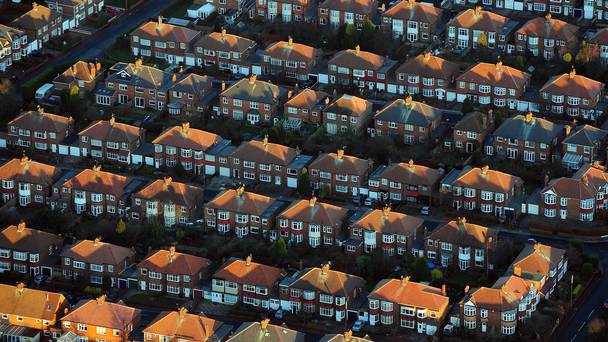Turnover at Northern Ireland’s housing associations has grown by 5.5% to £214m in the past year, according to global accounts for the sector published today.
And at 4.3% over the last year, the growth in new social housing units in Northern Ireland was higher than in Britain as a whole, up just 2.3%.
Business adviser PwC unveiled the accounts at the Northern Ireland Federation of Housing Associations (NIFHA) 2015 Housing Finance Conference.
PwC scrutinised the accounts of the region’s 23 housing associations, which employ nearly 3,000 people, to come up with the figures. Borrowings from private finance were up 9% £680m.
Operating surplus at the associations, from Abbeyfield and Wesley to Woodvale and Shankill, was also up 8.1% to £56m.
The associations owned and managed 46,074 units around Northern Ireland – an increase of 4.2% – while asset value had also grown by the same percentage to £3.4bn.
They contributed over £60m to the economy through wages for a combined workforce of 2,954, according to the PwC findings.
NIFHA said turnover had grown by 24% over the last four years, assets were up 19% and long-term debt was up nearly 50% – reflecting an increased reliance on private finance.
And housing associations had delivered more than 10,000 new social and affordable homes from 2011 to 2015, exceeding Programme for Government requirements.
Jennie Donald, NIFHA’s deputy chief executive, said: “The 2015 global accounts show that housing associations are making a major contribution to the local economy through direct employment and by supporting a number of other sectors through their construction and maintenance programmes.
“The operating surpluses generated by housing associations are being used to service the interest on long-term loans that finance the development of new social and affordable homes. Increased economies of scale and operating efficiencies support continued investment in significant development programmes and high-quality services and support that benefit individuals, families and communities.”
But Ms Donald said there were difficulties ahead for housing associations, due to welfare reform and a cut in public expenditure.
“This will undoubtedly impact on associations’ activities and performance,” she said.
“However, the global accounts point to a resilient and responsive sector that can adapt to the changing operating context.
“Several housing associations have announced plans to develop as many as 500 new homes a year over the next five years.
“This ambition and desire to keep delivering much-needed new social and affordable housing is supported by the financial strength and balance sheet capacity evidenced in the 2015 global accounts.” In July, Fold Housing Association announced it had obtained £35m in financing from Barclays with the aim of building 600 new houses and units in the next two to three years.
And in June, OakleeTrinity and Ulidia announced they were merging to form Choice, and announced £340m plans including 2,500 new homes in the next five years. Their project is funded by grants and private finance including from Danske Bank.




